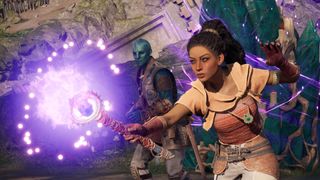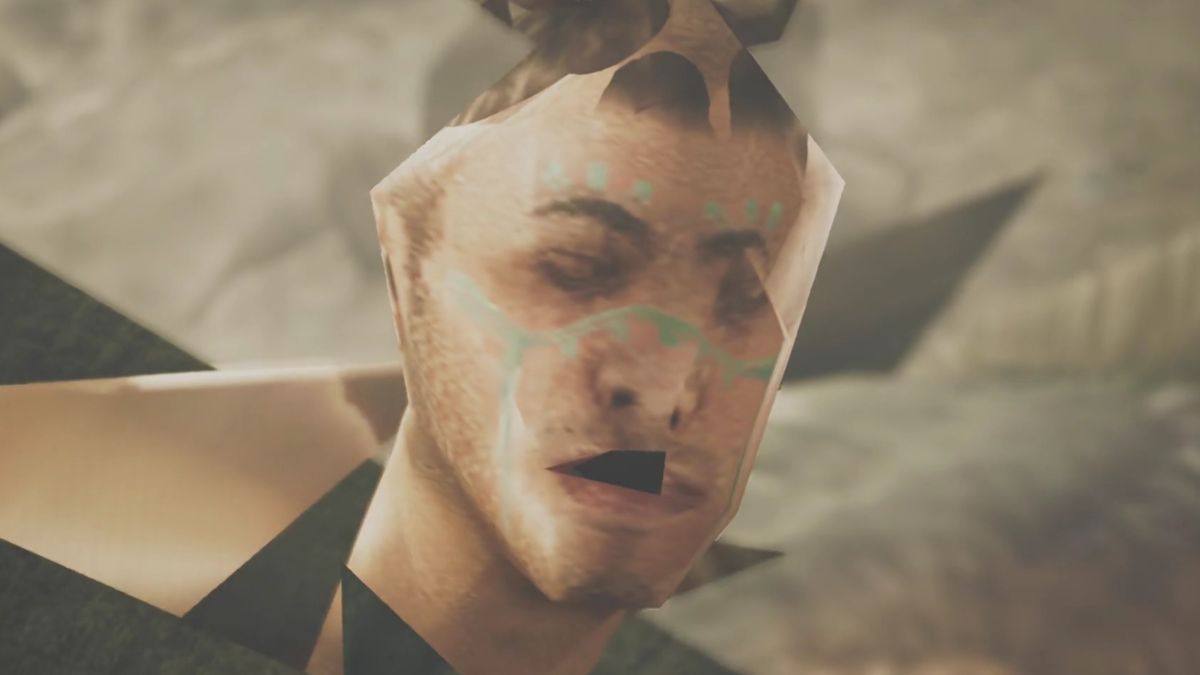I've said it before and I'll say it again: Pillars of Eternity 2 is one of my favourite CRPGs of all time, and one of the most underrated, too. That's in no small part down to the themes it takes on and the choices it lets you make. PoE2 is about imperialism, colonialism, how we construct and conceive of notions of 'progress,' and it's also about chasing an incredibly large green man across half the planet. The way you could define your character in relation to those themes, not according to some shallow binary, but in all sorts of weird, idiosyncratic and nuanced ways, is still impressive today.
Which is why, despite the weirdly timid marketing Obsidian has been doing for the game, I'm excited to get my hands on Avowed—set in PoE's universe after the events of the second game—this February. After all, the devs say they're thinking about choices just as must as they did in the isometric games. In a recent chat with Edge magazine (via GamesRadar), game director Carrie Patel said that one of the things Avowed is trying to emphasise is "giving the player moment-to-moment choices to express and explore where they're leaning."
That can, of course, take the form of momentous, world-altering, do-you-kill-the-Rachni-Queen-style decisions, but it means the smaller stuff too. For instance, the choice Patel has in mind here is one about whether or not to give a health potion to a wounded stranger lets you figure out "who you want to be in this world, and how these situations prepare you to express that."
I gotta be honest, that particular example doesn't enormously excite me. I'm pretty sure 'are you gonna be a needless dick or not?' has been a staple character-defining RPG question games like this have been asking since at least the '90s. I'm not against it being in there—the original Pillars games also had plenty of straightforward moral choices in addition to all the shades of grey—but this isn't really the kind of thing I'd call out if I wanted to set my big RPG apart from the rest of the pack.
But what is more interesting, at least a bit, is the way your possible answers to those choices can be constrained by your earlier actions, both in dialogue and combat. "The choices you make and the outcomes in front of you are going to depend on what you're able to find," says Patel. So, for instance, if you've been charging like an idiot through all the combat and you've wasted all your health potions, you're not gonna be able to help our Sir Dying Guy.
That's not groundbreaking in RPGs by any stretch, but it does set Avowed's choices apart from things like, say, Mass Effect, where you were only really asked to make choices according to your ideological preference rather than your actual, you know, material reality. You didn't need 500 omnigel to free the Rachni Queen.

 4 days ago
4
4 days ago
4







:quality(85):upscale()/2024/10/29/581/n/1922153/3f2adeb76720db8a0484f8.73093870_.jpg)
:quality(85):upscale()/2024/11/01/729/n/49351082/edfd0f616725023b36fdf0.07661898_.jpg)
 English (US) ·
English (US) ·